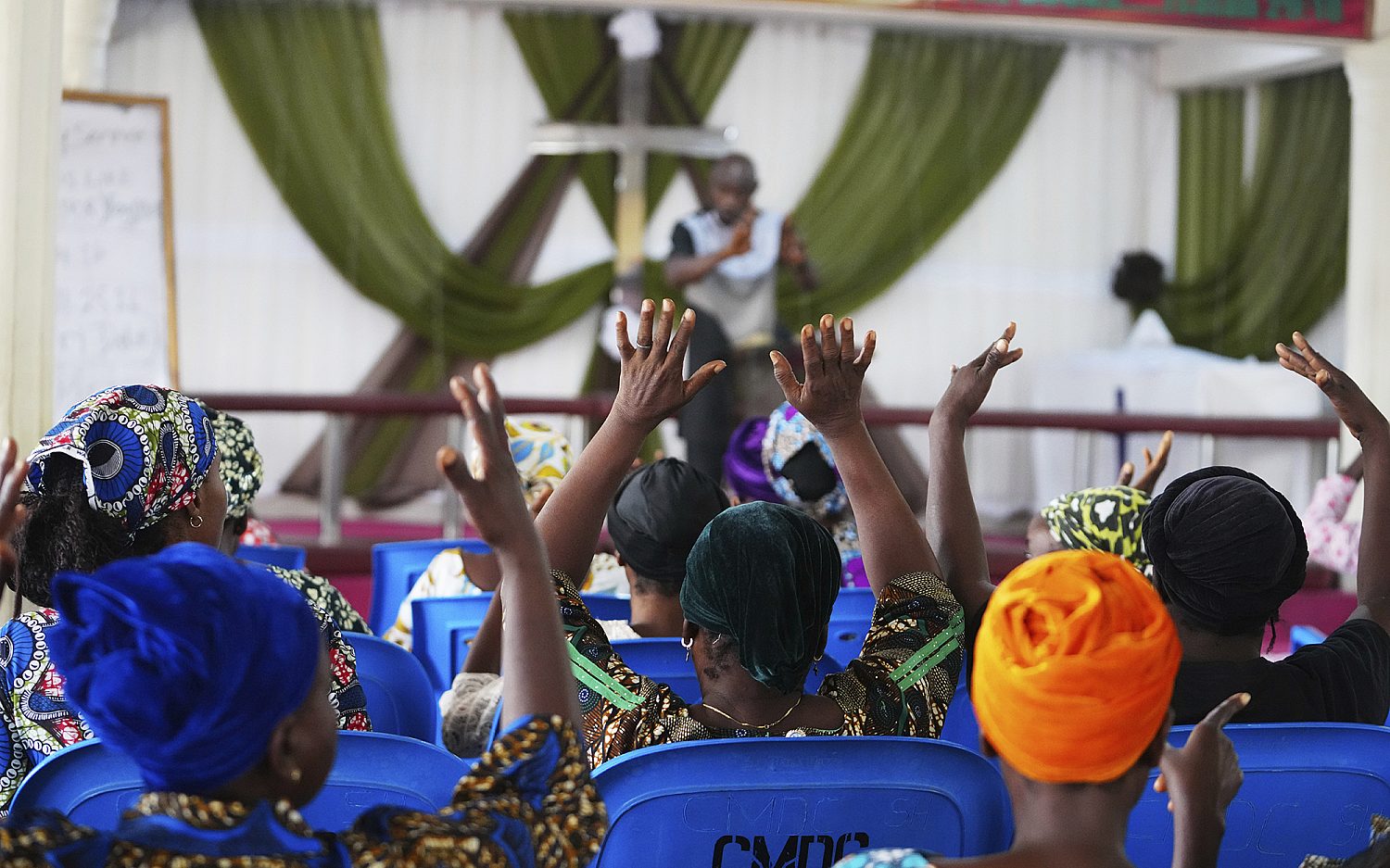Remembering Sadat
The signing of the Camp David Peace Accords 30 years ago brought hope for peace in the Middle East, but many of its provisions remain unfulfilled
Today marks the 30th anniversary of the Egyptian-Israeli Peace Treaty. What's so important about the two countries formally and mutually recognizing one another? The fact that we have to rehearse the answer to that question is evidence alone of how ground-shifting an occasion it was.
In 1977, after Israel and Egypt had been in a perpetual state of war for nearly 30 years and Israel had for a decade occupied Egypt's Sinai Peninsula, Egyptian President Anwar Sadat gave an address to the Egyptian parliament where he said he intended to make peace with Israel. Palestinian leader Yasser Arafat was in the audience as a stunned silence slowly gave way to applause.
When Sadat arrived in Jerusalem 10 days later, former Israeli Prime Minister Golda Meir remarked, "Why are you late? We have been waiting for you."
Sadat met with Israeli leaders repeatedly to hammer out key provisions-the ending of hostilities between the two countries and the complete withdrawal of Israeli forces from Sinai-that led to the historic signing on March 26, 1979, in Washington, D.C. Sadat, Israeli Prime Minister Menachem Begin, and President Jimmy Carter all were on hand to pen their agreement to what had by then become known as the Camp David Peace Accords.
As one result, trade between the two countries has climbed to $271 million today. The treaty allowed Israeli ships to again pass through the Suez Canal and instituted open-border crossing in a region beset by trade barriers and restrictions of movement. But many of the treaty's provisions, and the groundwork that it laid to resolve the crisis between Israel and the Palestinians, remain unfulfilled.
"In 1979, we hoped the Camp David Treaty was the beginning of a comprehensive peace in the Middle East. But that hope has yet to be realized," writes Sadat's widow, Jehan Sadat, in Thursday's Wall Street Journal. "The so-called peace process in the Middle East has become a myth-a lot of talk with few results."
While trade between the two countries continues to grow, in almost every other way tensions have increased. Israel's clampdown on Gaza is the latest sticking point, with Egypt like other Arab nations condemning Israel's military action earlier this year against the Palestinian area and its militant missile launchers, and protesting the continuing blockade of supplies into Gaza. As a result there are no official celebrations in Cairo planned to celebrate today's anniversary. In contrast, the Bible Lands Museum Jerusalem opened an "Echoes of Egypt" exhibit, and the government officially kicked off celebrations Wednesday night with a reception honoring key dignitaries in both countries involved in the Camp David negotiations, including Israel's current Foreign Minister Tzipi Livni.
The return to Arab-Israeli tension and fighting began almost as soon as the Egyptian-Israeli treaty was signed. For his extraordinary role as perhaps the last Arab statesman in the conflict, Sadat was widely condemned, and the Arab League suspended Egyptian membership. In 1981 he was assassinated. Progress to bring peace between Israel and its Arab neighbors has not in the decades since been the same.
An actual newsletter worth subscribing to instead of just a collection of links. —Adam
Sign up to receive The Sift email newsletter each weekday morning for the latest headlines from WORLD’s breaking news team.





Please wait while we load the latest comments...
Comments
Please register, subscribe, or log in to comment on this article.